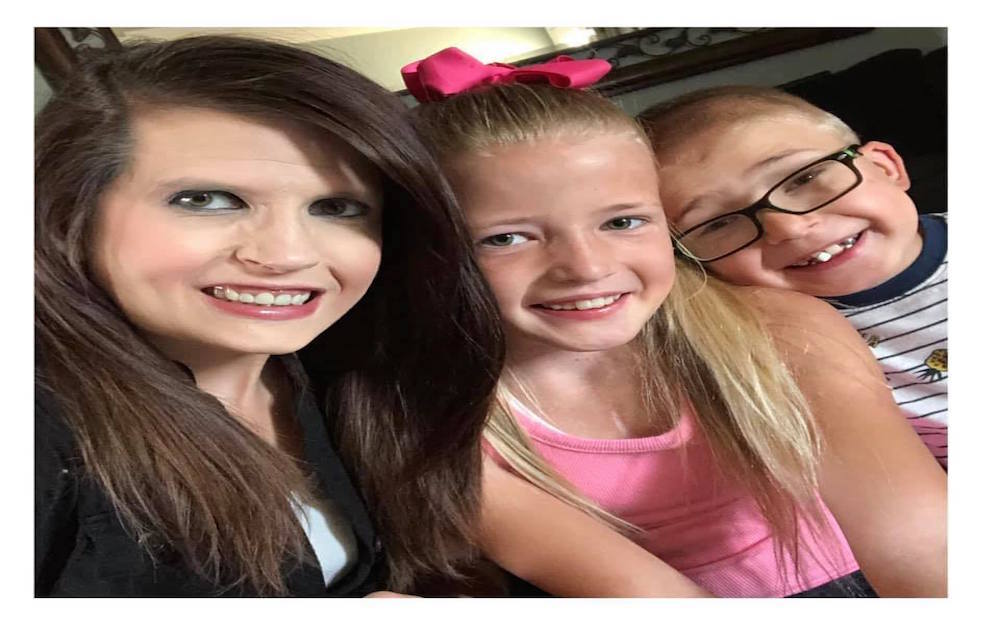
The following organizations are for professionals who take care of individuals with 22q differences and/or who conduct related research.
Disclaimer: The International 22q11.2 Foundation is not responsible for the content of external websites, and the inclusion of these organizations on our website does not constitute an endorsement from our foundation.
Behavior and Mental Health
Routines & Children w/ Disabilities: Routines and Children with Disabilities
Routines can help family life run more smoothly. They can also be a way to help your child with 22q develop coping skills and manage anxiety better. While all families are different and schedules are different, the best routines are the ones that suit you, your child and your situation. To learn more, click here.
Children’s Mental Health Resource Kit
This Children’s Mental Health Resource Kit is designed to help you promote access to and the availability of mental health screens and assessments for children. Because navigating access to the appropriate services can be so overwhelming, this is an essential first step in ensuring appropriate mental health treatment for children. The kit contains a number of Fact Sheets and an Action Strategies and Resources Guide.
American Academy of Child and Adolescent Psychiatry: Family Resources
The mission of AACAP is to promote the healthy development of children, adolescents, and families through advocacy, education, and research, and to meet the professional needs of child and adolescent psychiatrists. The following link provides useful medical definitions related to mental health, a child and adolescent psychiatrist finder and many other helpful resources for families and caregivers. To learn more, click here.
Sleep
Does your child with 22q have difficulty falling asleep or experience middle of the night awakening? Some of the most common causes include sleep apnea, calcium disturbance, restless leg syndrome or often anxiety. Medical causes should always be ruled out before assuming behavior causes.
The following scientific review article is an excellent summary of the recommended evaluation and approach to treating this common problem. Download the PDF here.
Worrisome Behaviors
Trying to tell the difference between what expected behaviors are and what might be the signs of a mental illness isn’t always easy. NAMI is an organization that provides tremendous support and resources to families affected by mental illness. This link reviews some of the most common warning signs related to mental illness.
Evidence-based mental health treatment for children and adolescents
To address the challenges of raising a child with 22q, including behavioral and psychiatric problems, families should be aware of the latest, scientifically-based information. Our advisors recommend the Effective Child Therapy website as a good start: The site has information on many of the more common child mental health issues and an overview of evidence-based practice for each condition. (Listed at the bottom of their homepage). To learn more, visit effectivechildtherapy.org.
Additional Support for Mental Health
- Center for Parent Information and Resources: Mental Health Resources
- National Institute of Mental Health: Help for Mental Illnesses
- Health and Human Services – Mental Health.gov: For Parents and Caregivers
Sibling Support
Growing up with a brother or sister who requires special attention can pose some unique challenges. Parents usually try their best to devote equal time to all their children, but in reality, children with extraordinary medical and/or educational needs often require more attention than their healthy siblings.
Many children whose siblings have special needs grow up to be especially sensitive and tolerant adults, often choosing to work in human services professions like special education and nursing. Others may harbor long-lasting resentment about the impact their special sibling had on the family. Above all, it is essential that siblings be given a voice to express both good and bad aspects of their experience.
To learn what 22q siblings would like parents and service providers to know: Click here.
Learn more about the needs of siblings through the Sibling Support Project.
Sibshops is another nationally-recognized program that offers brothers and sisters the opportunity to meet and talk with others who know what it is like to have a sibling with a disability. Sibshops include a lively mixture of games, discussion, and guest speakers; for many participants, Sibshops allows them to talk openly for the first time about the experience of growing up with a special sibling. The program is typically offered at low cost and available at locations throughout the US and Canada.
Evidence-based Medical and Therapeutic Intervention? Who Needs It?
Click here for a discussion for parents of children with special developmental needs about evidence, consensus and anecdotal-based interventions.
